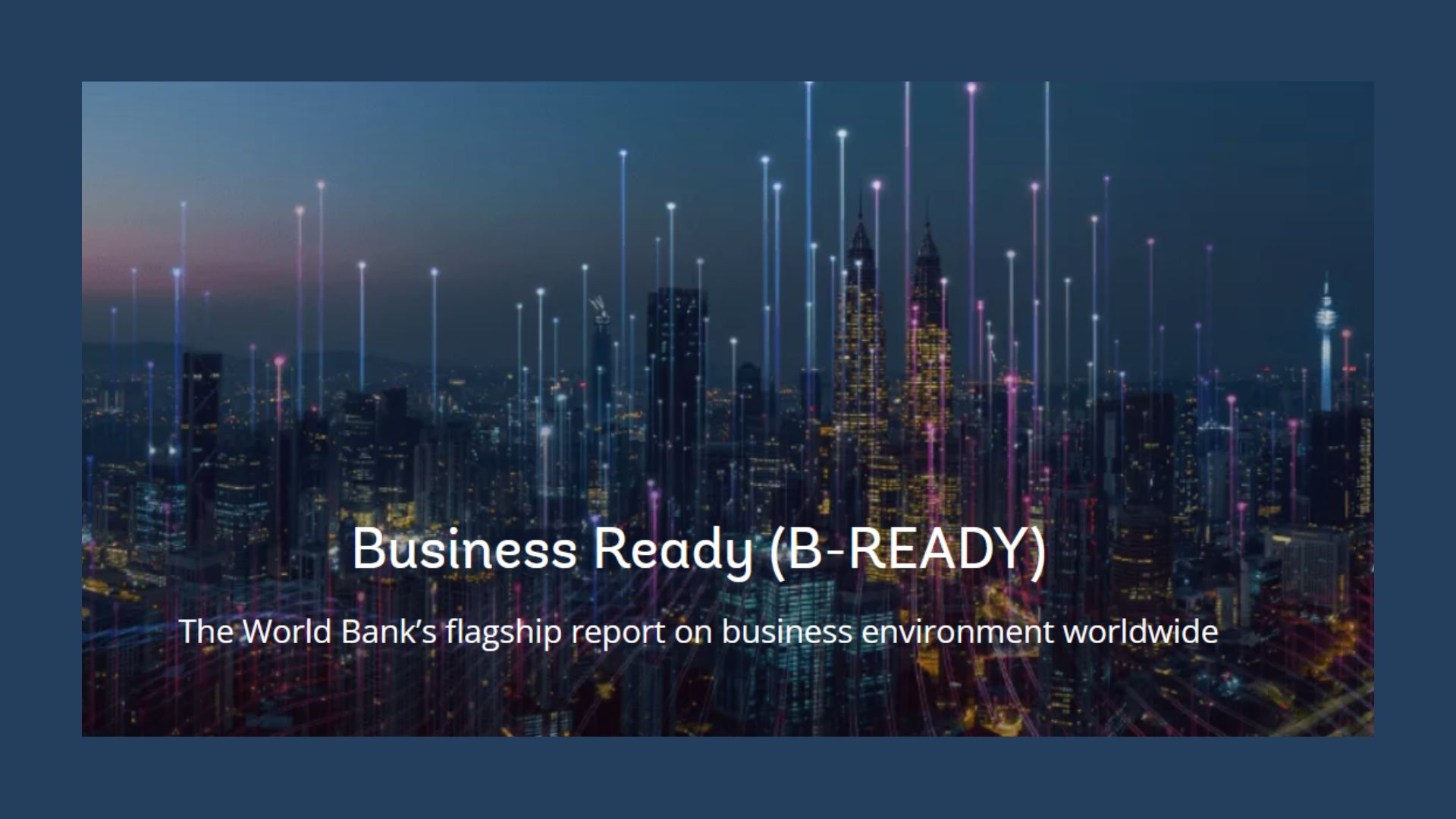Introduction
India has been the poster boy of the World Bank’s Ease of Doing Business, as it leapt in the ranking by rapidly deregulating its economy. Environmental regulations were scaled back, and labour regulations diluted for achieving the leap of 79 positions in EoDB rankings between 2014 and 2019 till the doing business report was withdrawn. Each leap was celebrated by the government, but it came with a hefty price tag, impacting the country’s regulatory mechanisms and labour rights. As the World Bank introduces its new B Ready (Business Ready Project) which is a new version of the EoDB, it will be useful to look back.
EoDB: Behind the leap in ranking
The EoDB journey goes beyond mere numbers. It signifies a monumental shift towards economic deregulation, a call for reduced government intervention, and an unyielding push for privatization. This shift ushered in a wave of changes: Some of the impacts were:
– Corporate taxes were slashed.
– The Goods and Services Tax (GST) simplified the tax system.
– Financial market reforms were introduced.
– Roughly 29 labour legislations were condensed into four labour codes.
– An investor-friendly policy promoting 100% Foreign Direct Investment (FDI) was adopted, accompanied by a reduction in regulatory compliances.
In the Indian Parliament, the Finance Minister disclosed a reduction of approximately 25,000 compliances and the repeal of 1,486 union laws. The EoDB approach triggered a race to lower regulations, particularly in environmental laws and labour protection, raising concerns about methodology, data integrity, and the ranking system itself.
How did the EoDB impact regulations?
How did the EoDB frenzy affect regulations in India? A study by a think tank scrutinizing amendments to the Environment Protection Act (EPA) between March 2020 and March 2022 unveiled that nearly half of these changes introduced relaxations. These relaxations eroded the clarity, predictability, and stability of laws designed to protect the environment.
Over 100 changes were made to the Environmental Protection Act. Mandatory public hearings, a crucial part of Environmental and Social Impact Assessment, were done away with in some cases. Provisions were introduced to grant post facto clearance to projects violating Environmental Impact Assessment notifications. These environmental safeguards, previously seen as hurdles in the ‘ease of doing business,’ were challenged by environmental groups and workers’ organizations.
Data presented in the Indian Parliament revealed a twenty-fold increase in forest, wildlife, coastal, and environmental clearances since 2018, with over 12,000 clearances granted.
Changes in coastal zone regulations raised concerns. Committees behind closed doors amended the Coastal Regulation Zone (CRZ) notification, potentially allowing coastal reclamation, industrialization, and commercial interests. Post facto clearance for existing activities was permitted despite more than 3,000 objections from fishing unions and environmental groups.
Regarding forest clearance, laws were altered to reduce compliance requirements. In 2016, only 1% of proposals seeking forest clearance were rejected, indicating that 99% received approval. A report in 2021 revealed that over 7.2 million hectares of forests were diverted in the past four years, with 24% in wildlife habitats and 47% in dense forest types.
Labour Codes: A Significant Impact
Another profound impact was the simplification of labour laws to enhance ease of doing business. The government introduced four Labour Codes, consolidating provisions from 29 Central Labour Laws. These changes were met with resistance from trade unions, leading to nationwide strikes. The new codes allowed for short-term fixed contracts, reduced factory inspections, and introduced self-certification for compliances, potentially making it easier to violate labour laws.
EoDB: A Ghost Set Free
The concept of Ease of Doing Business is a tool for implementing business-friendly policies, often without considering their broader impact on social and economic development. These policies extended beyond national boundaries, with subnational regions also adopting EoDB reforms, creating a race to attract investments through business-friendly policies.
The World Bank must understand that the Doing Business report and its rankings are not just academic exercises to gauge business climates; they can empower certain players, such as crony capitalists and the business-politician combine, to pursue economic gains at the expense of regulations that safeguard natural resource-dependent communities. The pursuit of businesses without considering the broader impact can lead to further extraction, exploitation, and wealth concentration, exacerbating inequality.
In India, the government persisted in its policies even after the withdrawal of the Doing Business report by launching its own EoDB 2.0. For instance, changes to the Forest Conservation Act removed protections from 28% of forest cover, potentially allowing various infrastructure projects on forest land without mandatory clearances. The prevalent thinking appears to be that conservation efforts may hinder the pursuit of a $5 trillion economy.
These policy relaxations have undeniably facilitated crony capitalism. India’s experience with these changes has been coupled with the repression of those who question natural resource extraction. Many leaders and activists challenging these changes have faced legal persecution and imprisonment under draconian laws.
B Ready bringing legitimacy to deregulations
Civil society groups worldwide have pointed out the issues with the EoDB report and its real-world consequences. It was an opportunity for the World Bank to assess the extent of destruction caused by its business ranking. However, the new avatar of EoDB appears to bring legitimacy to governments and encourage further deregulation, ignoring the positive effects of regulations. Instead of focusing solely on indicators, the report should aim to transform the economic landscape by addressing the crucial need for regulations and supporting countries in crafting their unique models of economic development.
(This is the text of the presentation in the Civil Society Policy Forum Workshop in the World Bank Annual Meeting 2023 on the topic The B-Ready Project: A significant departure from the Doing Business Report? – October 12, 2023)

